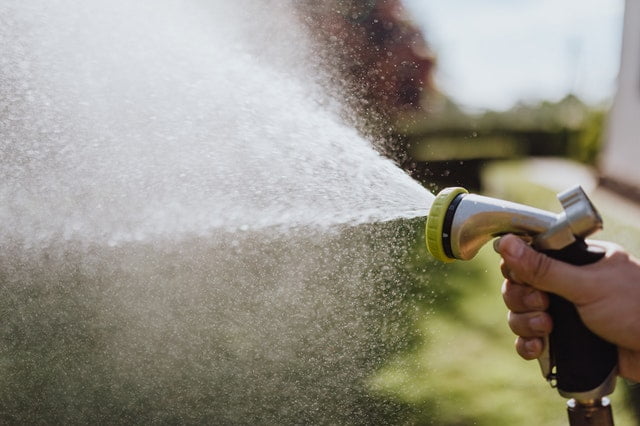When it comes to heavy equipment like loaders, bulldozers, and excavators, their most common vulnerability is that they’re only as reliable as the hydraulic hoses they use. Without them, they’re practically useless and can stop virtually all work they’re involved in until they’re replaced. They can even cause worker injury if the failure includes high-pressure fluid leaks. While a team member could replace it, it’s generally better to have a professional repairman do the job. However, if you do decide to go forward on your own, here are some key things to keep in mind.
Cleanliness
Keeping everything clean is essential to effective hose replacement. Due to the close tolerances in hydraulic valves, pumps, and actuators properly clean parts are critical to hose assembly. Even the smallest contamination can trigger a failure, especially in more sensitive components. This contamination can come from a variety of sources, from erosion to the hydraulic tank. Always be very careful to keep everything absolutely clean. Try using solvents or compressed air to effectively clean everything without damaging the house or other components.
New is Better
All replacement hose stock should be at least relatively new. Rubber dries out as it ages, resulting in greater susceptibility to cracks and loss of integrity. This means that, by using older stock, you’ll have to replace the hose again sooner at best and could cause catastrophic failure at worst. Also, be sure to use hoses rated for the fluid temperatures you’re working with; wide temperature spans can result in fissures that lead to failure. Always make sure to check the hose’s information for the manufacturing date.
The Right Tools
Using the right tools for the job can mean all the difference. Avoid using serrated blades; instead, use blades specifically designed for cutting hose. Also, make sure you’re cutting at a 90-degree angle with the hose end lying flat inside the fitting. Any crimping should be consistent with manufacturer specifications; an improper crimp can introduce another risk factor into your equipment, as each hose requires a certain die set for crimping.
With over 30 years of experience with all makes and models of hydraulic components, GO Hydraulics is a complete hydraulics service centre specializing in repair and reconstruction, including hydraulic cylinder repair, hydraulic pump repair, and other hydraulic repair services. Get your free quote today on our website or email us at [email protected].


Recent Comments